United States, Mar 30 — (V7N) On Sunday, March 30, Muslims across the United States are celebrating Eid ul Fitr, marking the end of the holy month of Ramadan. Eid ul Fitr, often referred to as the "Festival of Breaking the Fast," is one of the most significant religious holidays for Muslims worldwide. It represents the conclusion of 30 days of fasting, prayer, reflection, and charity during the month of Ramadan. In the United States, the celebrations are taking place in cities large and small, with Muslims coming together to mark this special occasion with a mix of spiritual observance, family gatherings, and community events.
Video: "Celebrating Eid ul Fitr with prayers, unity, and joy across the U.S."
This year’s Eid celebrations hold extra significance, as Muslims across the country reflect on the challenges of the past year, from social and political difficulties to the ongoing global health situation. Despite these challenges, the sense of unity and joy that accompanies the Eid celebration has not been diminished. Muslims in the United States are celebrating with a renewed sense of togetherness, compassion, and hope for the future.
In many cities, the day begins with the Eid prayer, which is a central religious observance for Muslims. One such congregation was held at the Islamic Society of Michigan Mosque at 9 a.m. on March 30. Hundreds of devout Muslim men, women, and children gathered at the mosque for the special prayer. The prayer is a collective act of worship, and Muslims pray together in large congregations to express their gratitude for the strength and patience shown during the month of fasting.
As the congregation gathered, the mosque was filled with a sense of peace and anticipation. The prayer, which is usually performed in an open area or mosque, is followed by a sermon reminding the worshippers of the significance of Eid and its spiritual meaning. Afterward, the congregation exchanged greetings of “Eid Mubarak” (Blessed Eid) and shared the joy of the occasion with one another.
Beyond the spiritual meaning of the prayer, the Eid prayer offers a time for people to reconnect with their faith and community. It is also a time to reflect on the personal growth and sacrifices that have occurred during Ramadan. It serves as a powerful reminder of the themes of unity, peace, and gratitude that Eid embodies.
Eid ul Fitr celebrations in the United States vary across different cities, reflecting the nation's diverse culture. Major cities like New York, Los Angeles, and Chicago are home to large and vibrant Muslim populations, and each community celebrates in its own way. In New York City, for example, the streets come alive with colorful displays of joy as Muslims celebrate Eid in neighborhoods like Brooklyn and Queens. Families attend mosque services and then enjoy festive meals with their loved ones. Local restaurants, bakeries, and food vendors often prepare traditional Eid dishes, filling the air with the scents of freshly baked sweets, grilled meats, and savory stews. Parades and street fairs are held to celebrate the day, with cultural music, dance, and performances showcasing the rich traditions of Muslim communities.
In Los Angeles, Eid celebrations often take place in public parks or community centers, where families gather to enjoy outdoor activities. Children are often dressed in their best clothes, and many enjoy receiving Eidi, or gifts, from relatives. For many, the day is not just about religious observance but also about creating joyful memories with loved ones. In Chicago, large community centers host festivities that include food, music, and performances that highlight the diversity of Muslim cultures in the city.
One of the most important traditions during Eid ul Fitr is the giving of Zakat al-Fitr, a form of charity that plays a crucial role in ensuring that all members of the Muslim community can join in the celebrations, regardless of their financial situation. This charitable donation is given before the Eid prayer and is used to help provide food and essential needs to those who are less fortunate. Zakat al-Fitr is a symbolic reminder of the values of generosity and compassion that are at the core of Islam. It allows Muslims to share their blessings with others, ensuring that no one is left behind during the joyous occasion. The funds collected through Zakat al-Fitr are often distributed to local charities, food banks, and families in need, helping to lift the spirits of those who may be struggling.
The tradition of giving is deeply rooted in Islamic teachings and reflects the sense of communal responsibility that is emphasized throughout the month of Ramadan. It also serves as a reminder of the importance of empathy, humility, and solidarity with those who are less fortunate.
While Eid is a deeply religious occasion, it also offers an opportunity for Muslims to showcase their cultural traditions and foster understanding between different communities. Across the United States, many cities host cultural events and festivals to celebrate Eid. These events serve as a platform for Muslim Americans to share their traditions with their neighbors and promote greater understanding of Islamic culture. In cities with large Muslim populations, such as Dearborn, Michigan, and Irvine, California, Eid festivals include everything from food stalls offering traditional dishes to performances of music and dance. These festivals are an opportunity for non-Muslim community members to learn more about the culture, fostering greater inclusivity and social cohesion.
Beyond the celebrations and festivities, Eid ul Fitr is also a time for deep reflection on the values that define the Islamic faith. It is a time to express gratitude for the blessings received during Ramadan and to renew commitments to compassion, generosity, and unity. For many, Eid is a reminder of the importance of kindness and empathy in daily life, and it serves as an opportunity to reconnect with family, friends, and neighbors.
The prayers offered on Eid also extend beyond the local community. Muslims in the United States join their fellow worshippers around the world in offering prayers for those in need. Special prayers are often offered for Muslims in places of conflict or hardship, such as Palestine, China, India, and Myanmar. These prayers highlight the global solidarity of the Muslim community and the shared commitment to peace and justice.
As Muslims across the United States and around the world celebrate Eid ul Fitr, the holiday offers a message of hope and renewal. It is a time for communities to come together, to share in the joy of the occasion, and to reflect on the values of compassion, unity, and generosity. Eid ul Fitr serves as a reminder that despite the challenges of the past year, there is always hope for a brighter future—a future where peace, understanding, and kindness prevail.
END/SMA/MI/MSS/



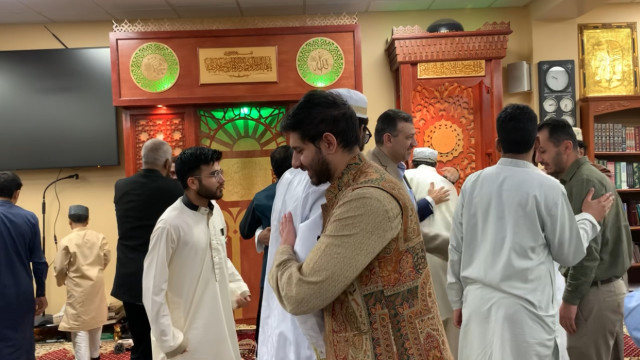
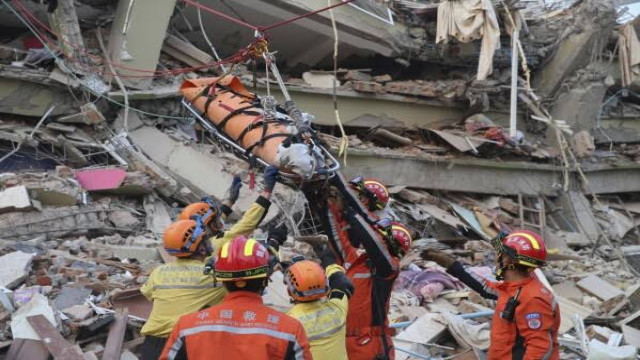
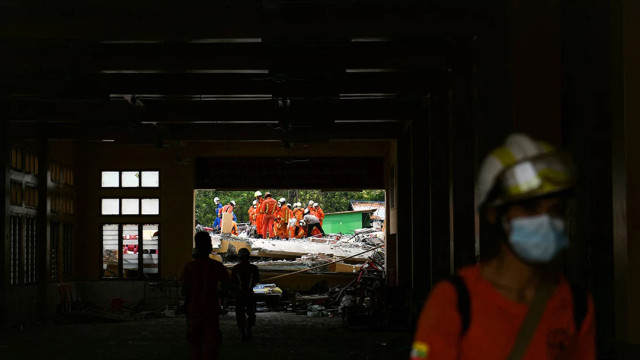
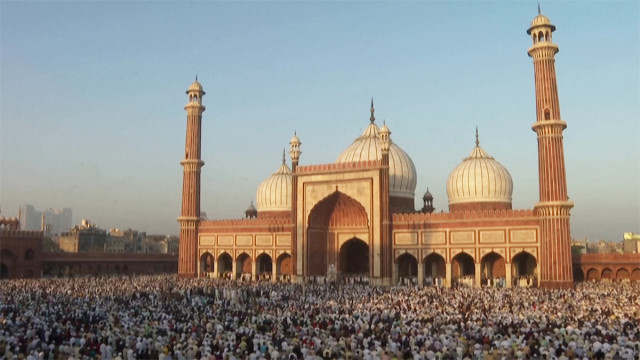
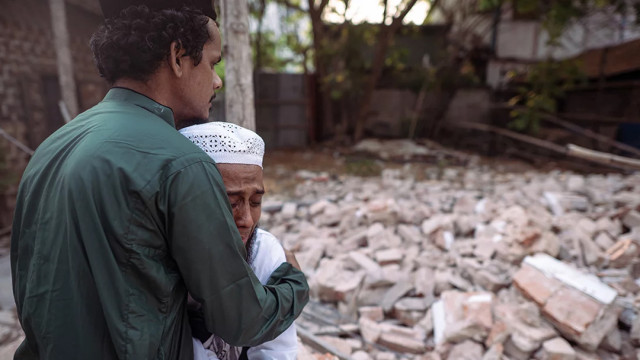
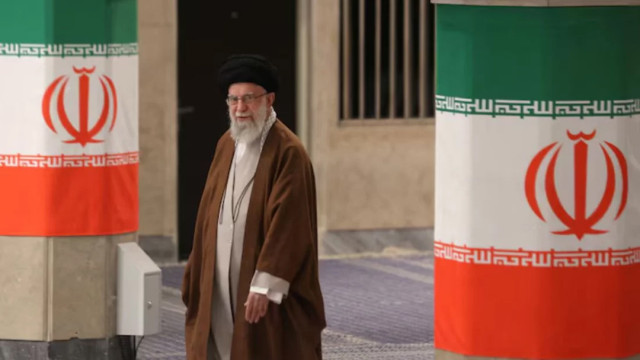
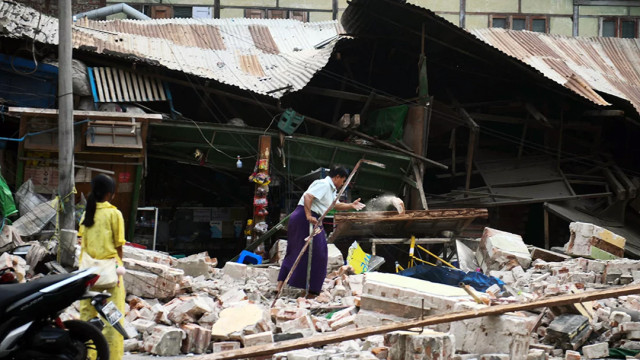

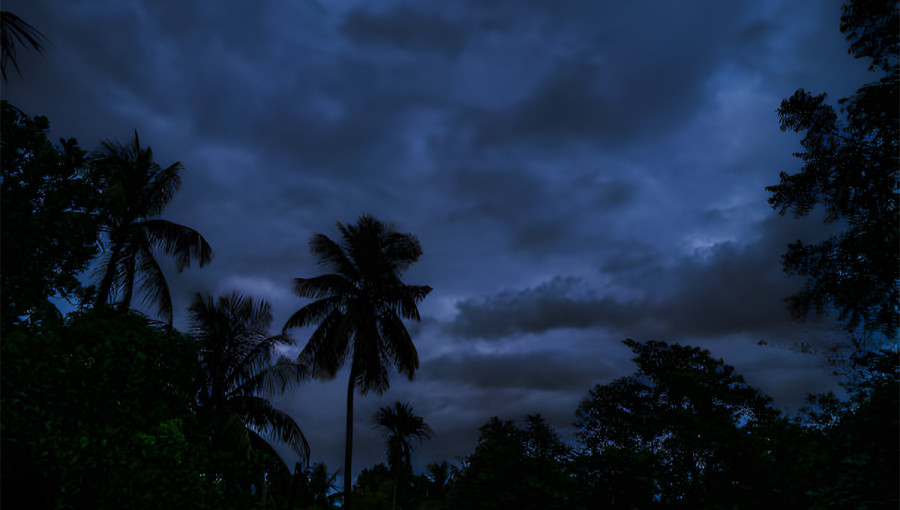
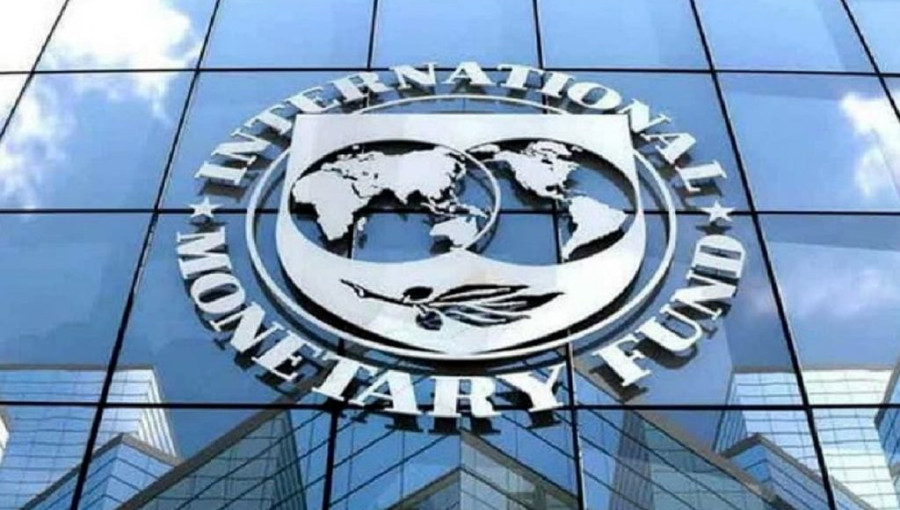
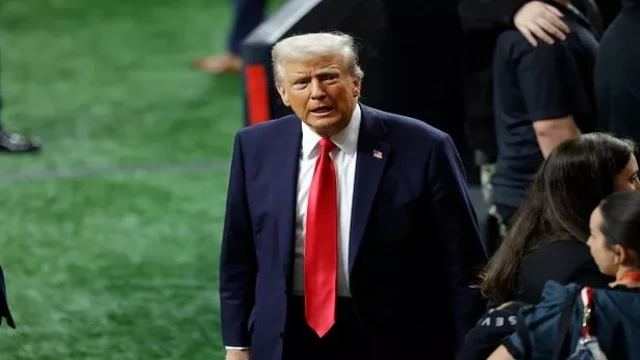

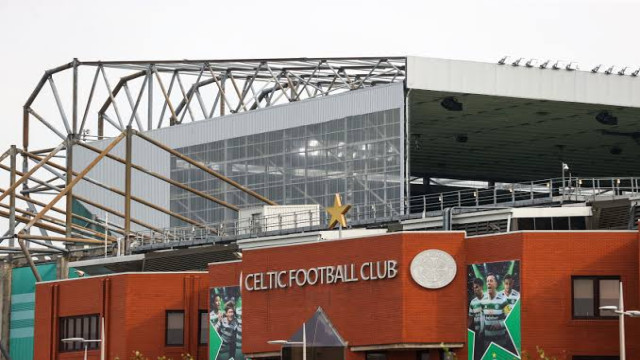
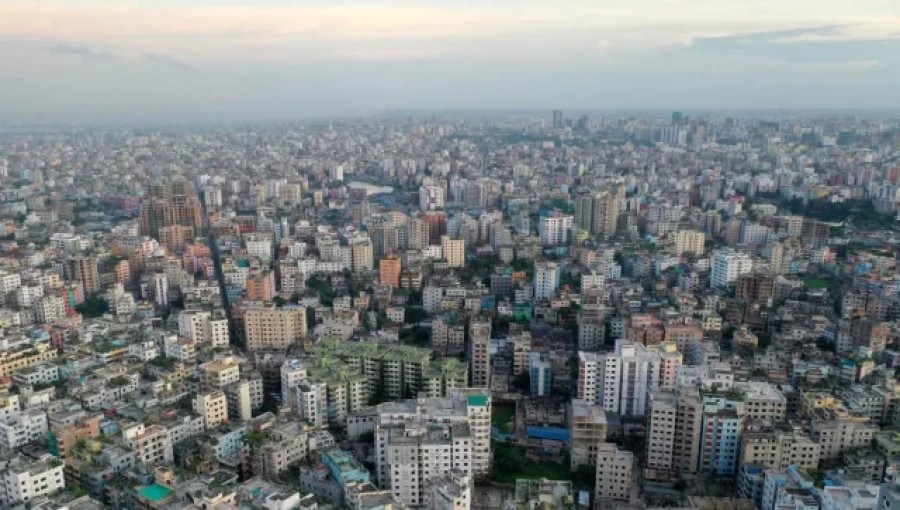
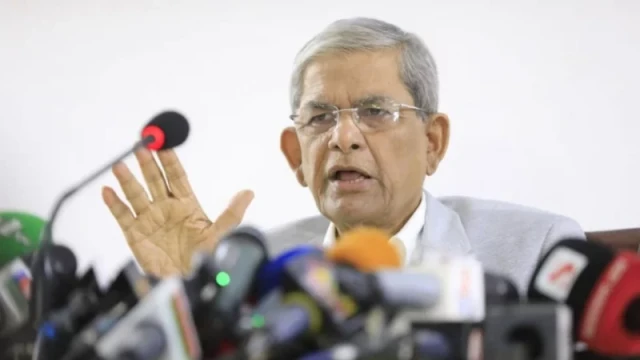
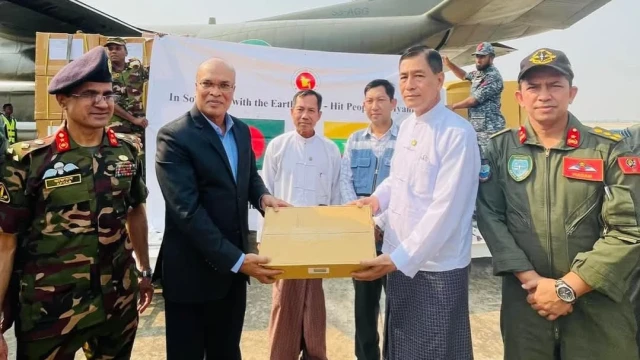
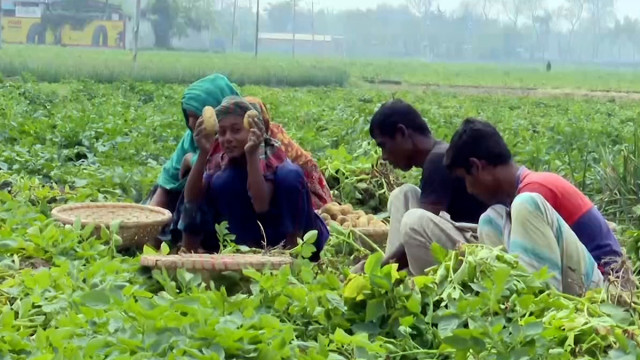

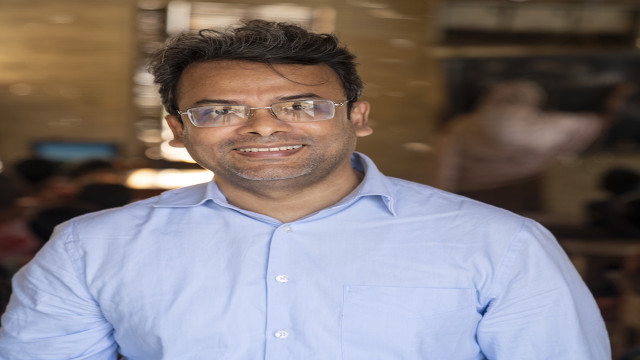
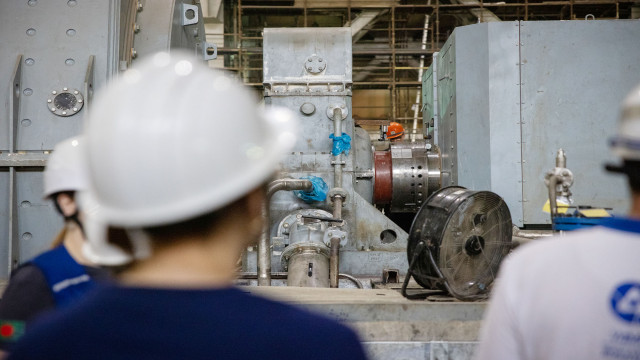
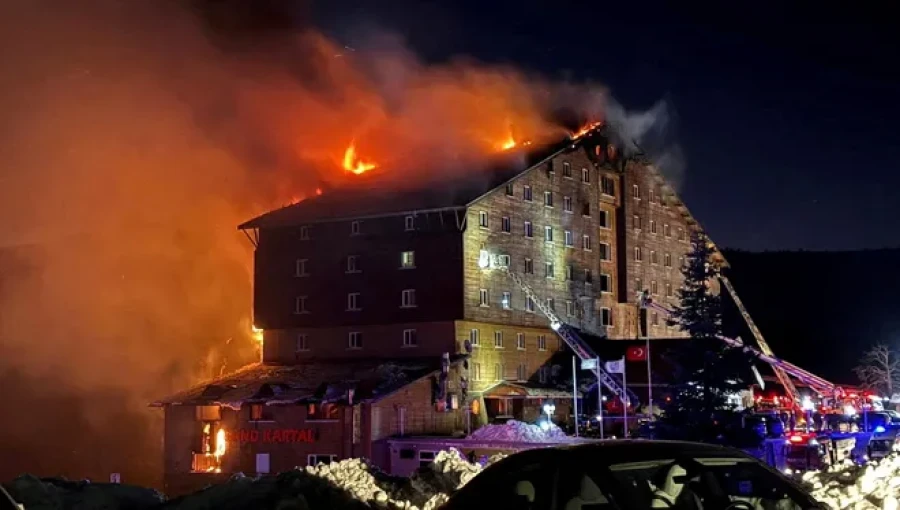
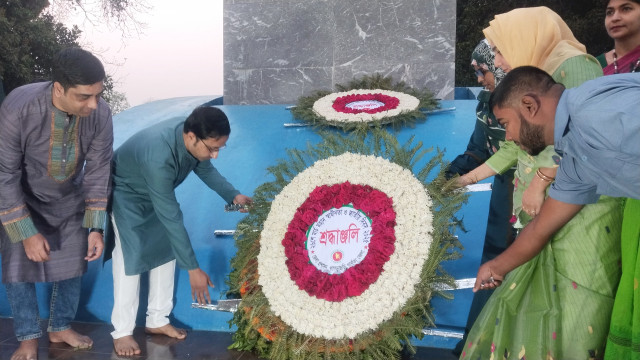

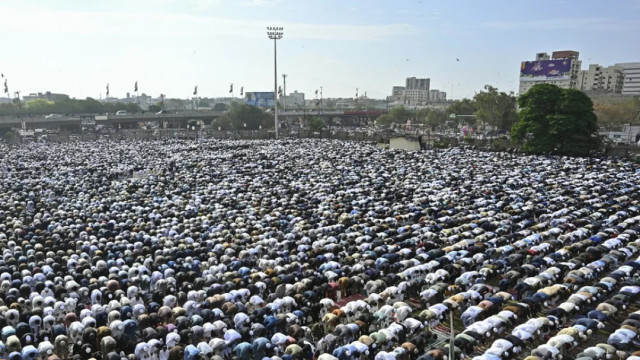
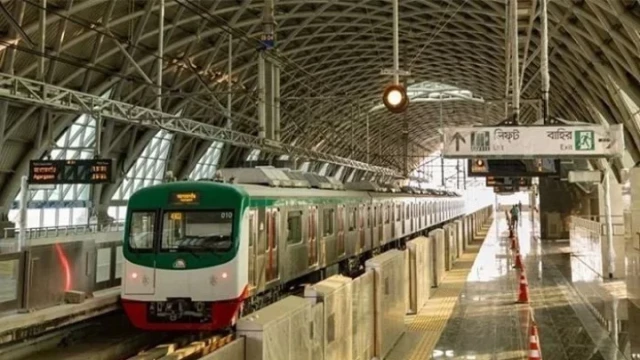
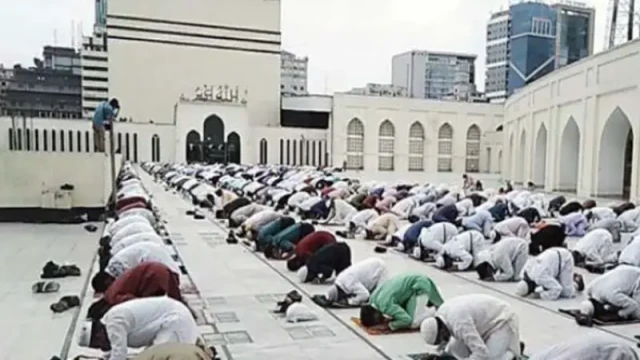
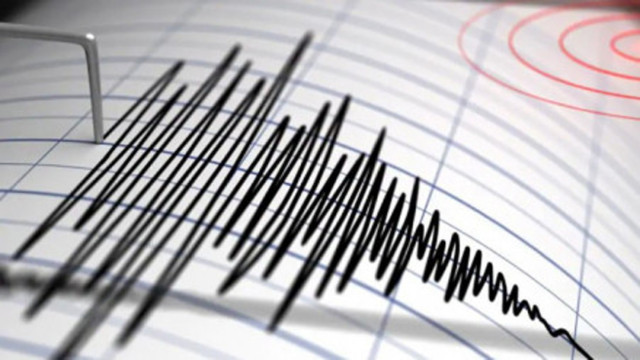
Comment: